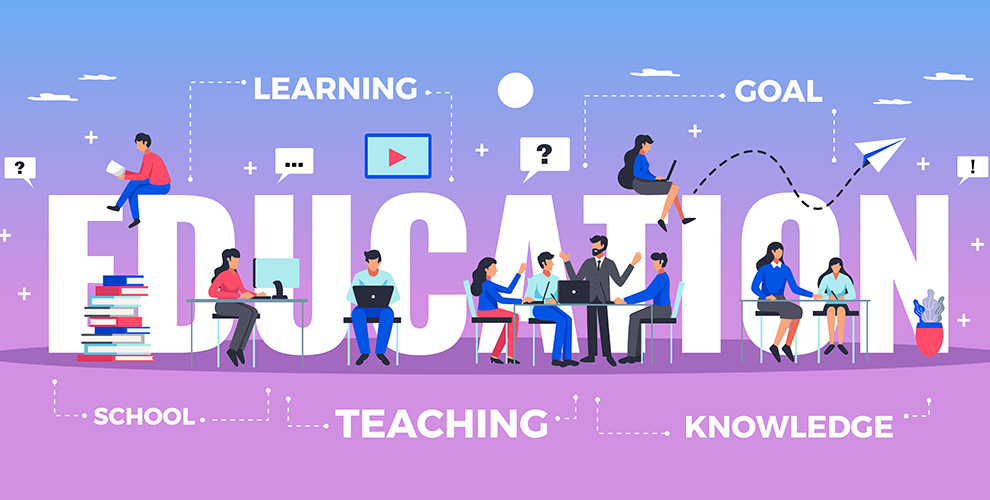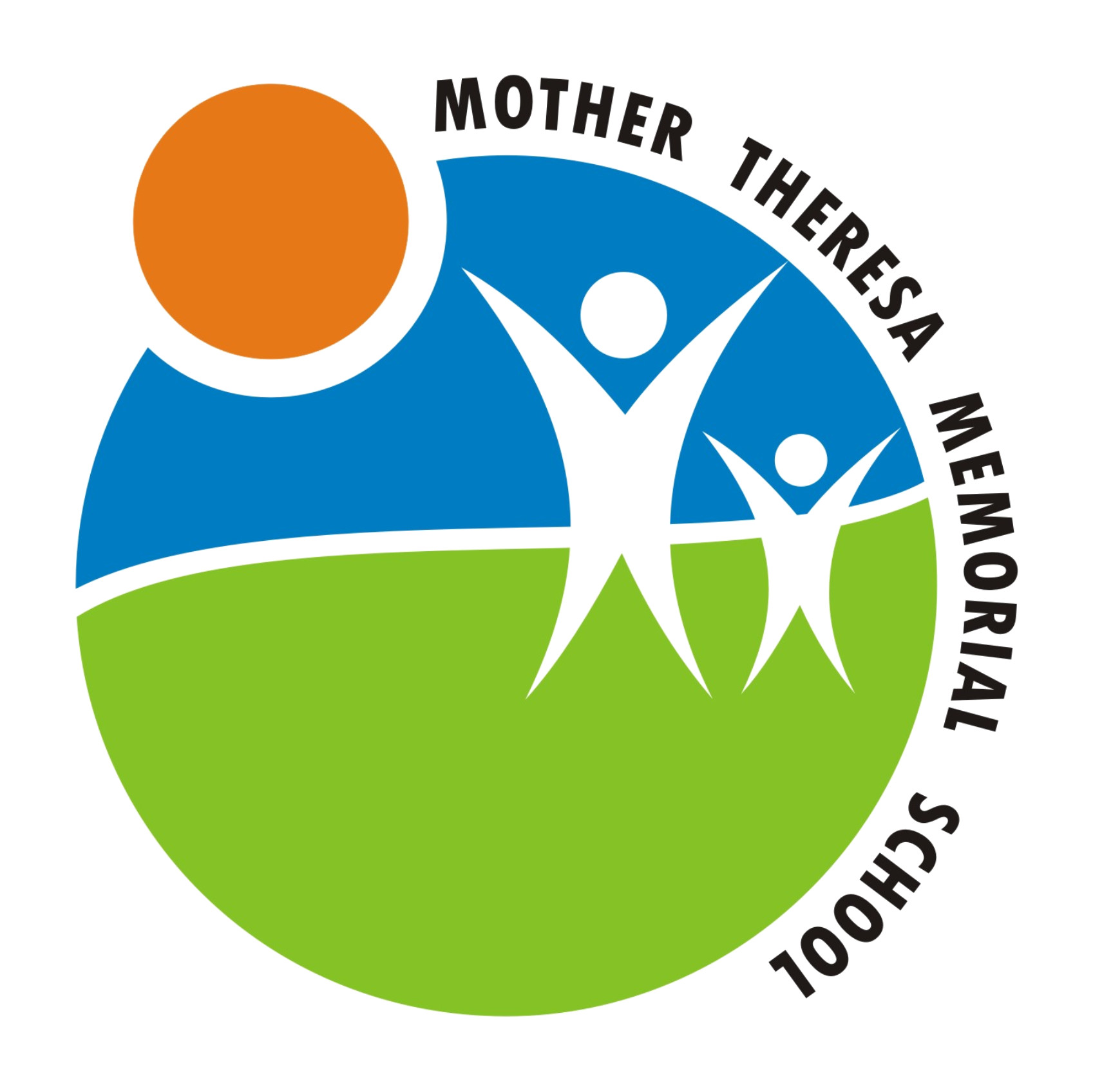The National Education Policy 2020 is a comprehensive framework for the development of education in…
- Home
- About Us
- Admission
- Beyond Academics
- Our Campus
- Contact
Let’s Start a Conversation!
We’d be happy to help and answer any question you might have.We look forward to hearing from you!
Office Working Hours
- Mon-Sat 8:00am - 4:00pm
- 2nd & 4th Sat Holiday
- Sun Holiday
- Pre-University Admissions (New)







